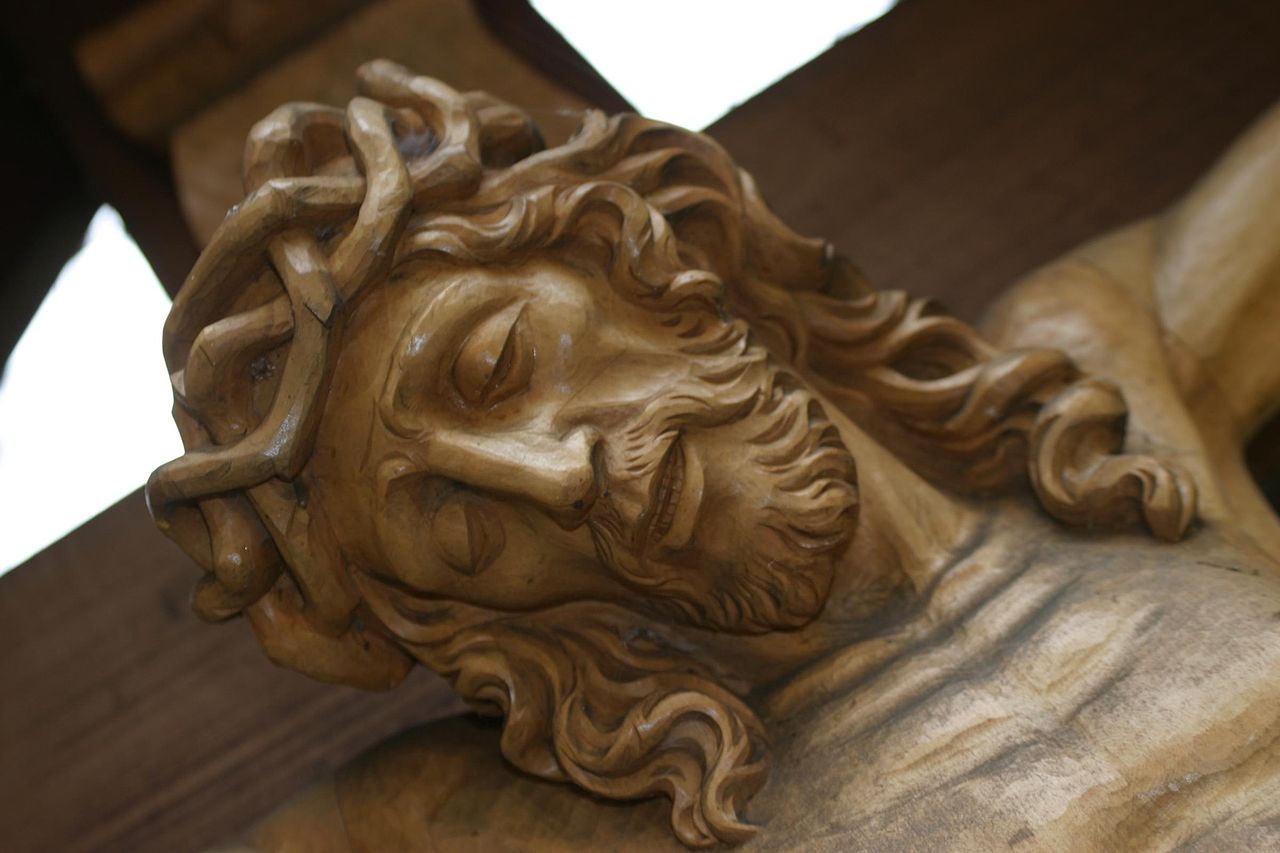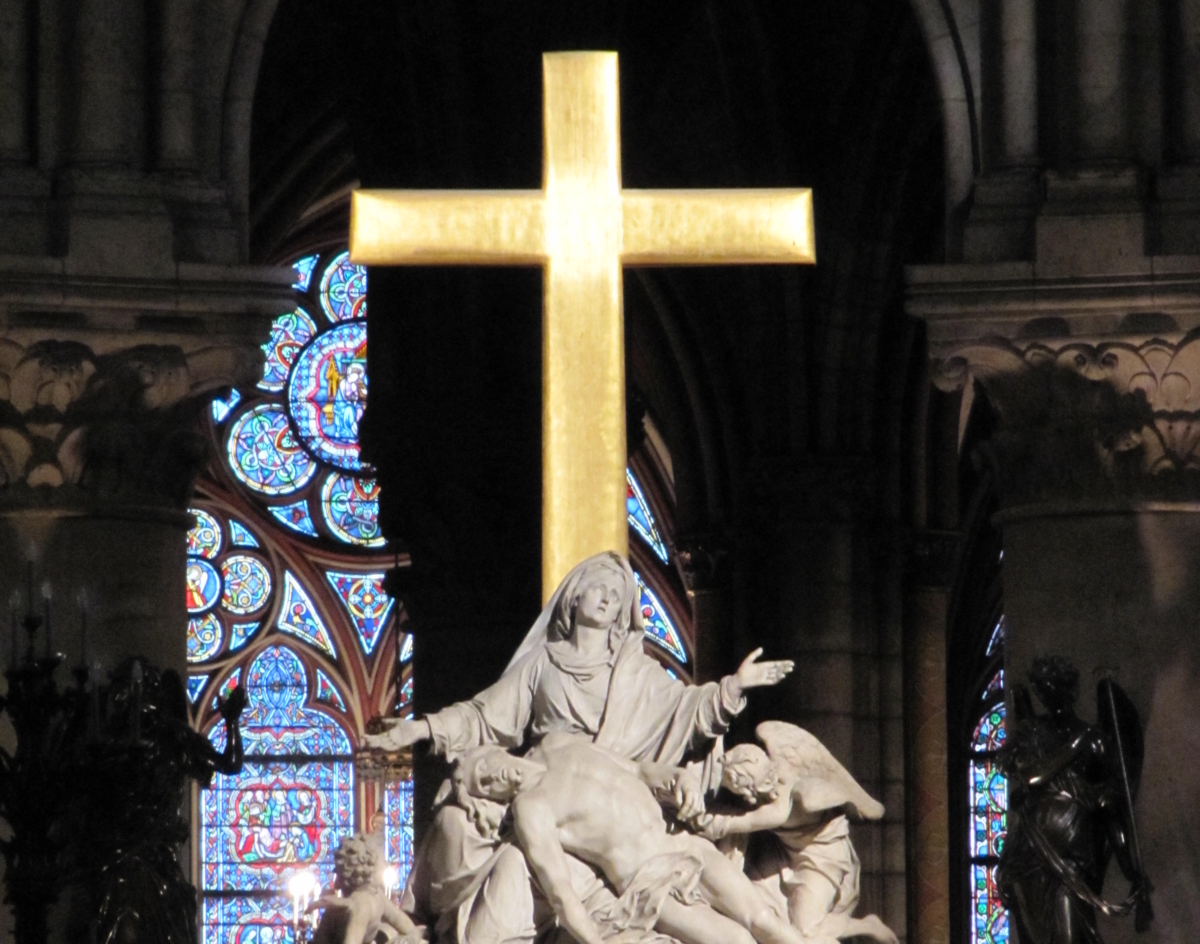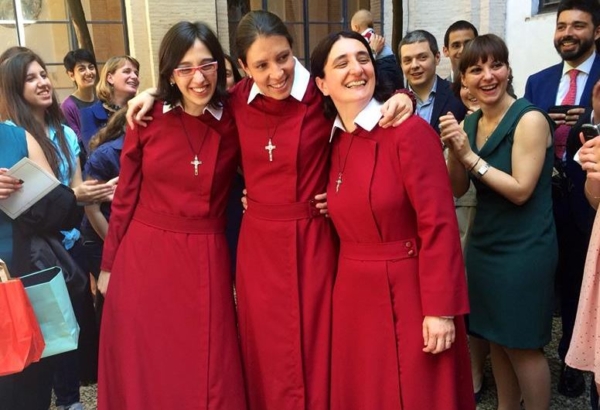Jesus Christ
God means to woo us and to have us, but always with our consent.
Is there more “mad eros”* than that which led the Son of God to make himself one with us even to the point of suffering as his own the consequences of our offences?Dear brothers and sisters, let us look at Christ pierced in the cross! … On the cross, it Read more…


